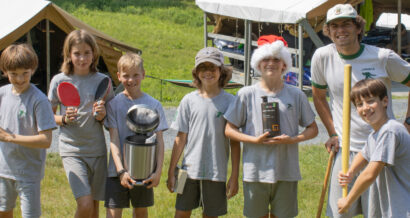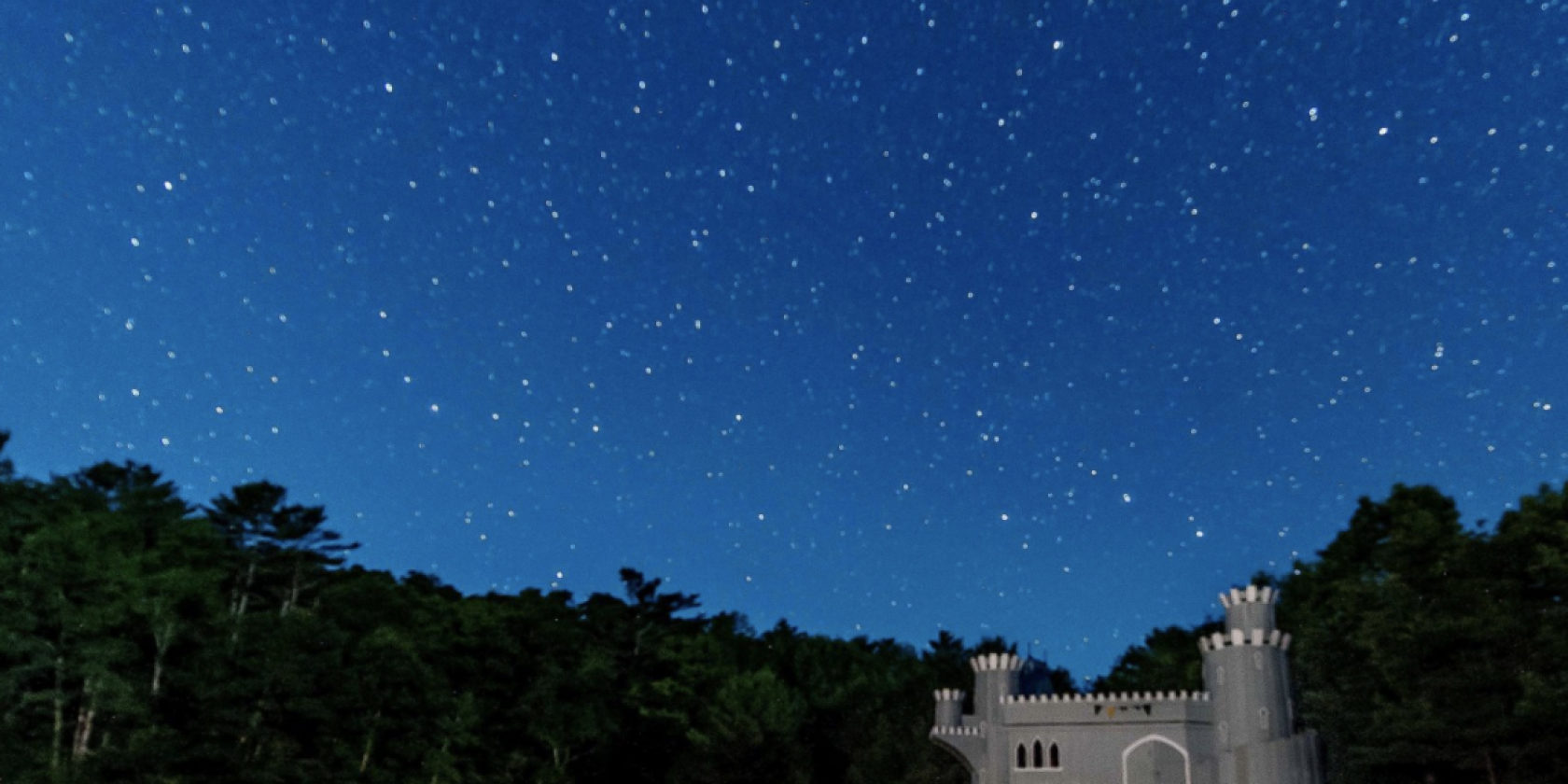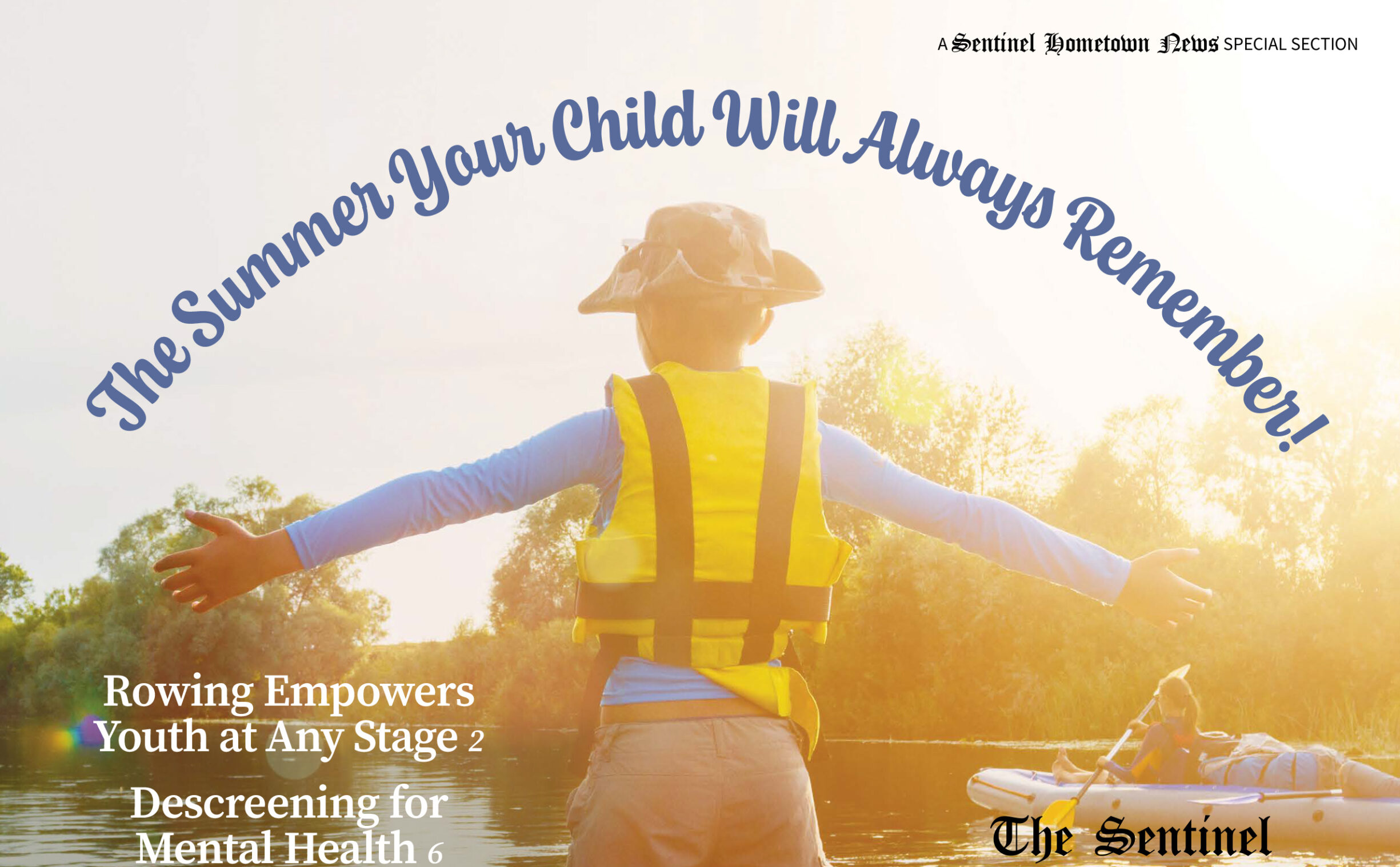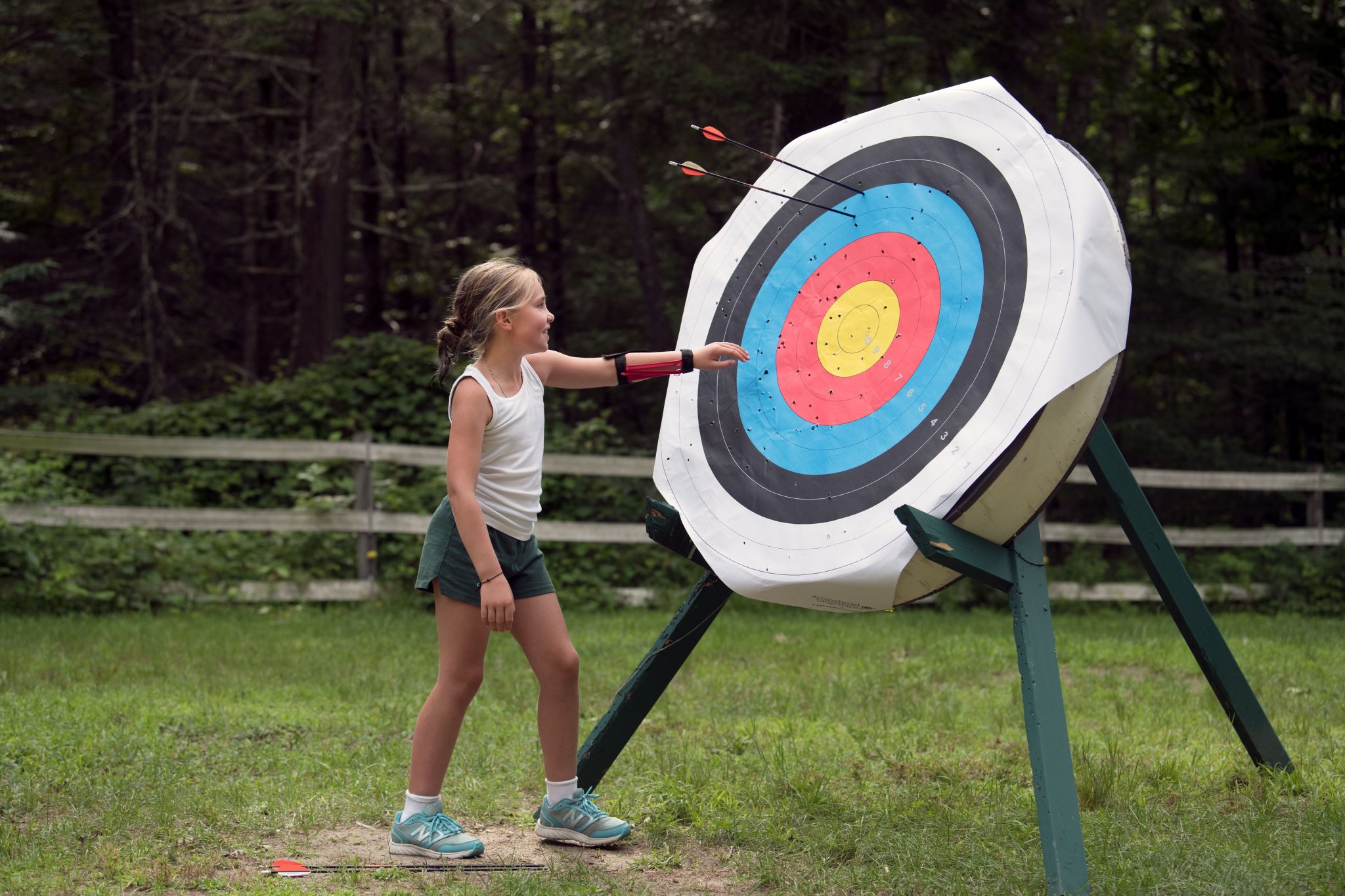 Article
Article


Parenting a teenager can leave a mother or father at their wits’ end, marveling at the unpredictable, and frequently infuriating behavior exhibited by their child. Research by the NIH over the last decade has taught us that human brains don’t actually finish developing until we’re nearly 25. Knowing this, a teen’s impulsive actions can be chalked up to age-appropriate developmental behavior, a source of some comfort for bewildered parents. A blog post for parents published in 2009 explained, “We now know that the area of brain growth during adolescence centers on the frontal lobe. This is the control center for ‘executive functions’ such as planning, impulse control and reasoning.” A teen’s lack of executive function skills is easier to understand and accept, with the knowledge that their brain is undergoing significant growth.
Author David Dobbs, writing last year in National Geographic, about the teenage brain, tells us that there is actually much more going on in the teen’s brain than simple growth. In fact, Dobbs points out, “This period of development is also adaptive: it is perfect for ‘the job of moving from the safety of home into the complicated world outside.'” A teen’s appetite for risk-taking is not just a by-product of a brain that isn’t fully formed, but in fact, an evolutionary advantage, “This delayed completion—a withholding of readiness—heightens flexibility just as we confront and enter the world that we will face as adults.”

In a recent post in the New York Times Motherlode blog, New Hampshire author KJ Dell’Antonia links to Dobbs’ research in her post, The Evolving Teenage Brain, and acknowledges the positive take on a teen’s reckless or risky actions. In his article, Dobbs points out the conflict that parents face, quoting B. J. Casey, a neuroscientist at Weill Cornell Medical College, “We’re so used to seeing adolescence as a problem. But the more we learn about what really makes this period unique, the more adolescence starts to seem like a highly functional, even adaptive period. It’s exactly what you’d need, to do the things you have to do.”
If we accept the evolutionary evidence that our teens will give us gray hairs in spite of our attempts to change their behavior, we might want to consider ways to channel their need for risk into healthy and appropriate outlets. One of the key components of a summer at the Aloha Camps is a child’s ability to take risks in a safe, supportive environment. Whether a camper attempts a first-ever trip down the zip wire at our high ropes course, completes a solo sail as part of a rank in sailing, performs in a camp musical, or simply conquers a bout of homesickness during a first camp summer, these accomplishments, away from a protective parent’s eye, help build self-esteem and confidence. Dobbs’ has a theory about how a parent can handle these tricky teen years. “We can ward off some of the world’s worst hazards and nudge adolescents toward appropriate responses to the rest. Studies show that when parents engage and guide their teens with a light but steady hand, staying connected but allowing independence, their kids generally do much better in life.”

When boys and girls, from elementary school age through teen years, spend a summer at camp, they know they’re having fun, learning new skills and becoming part of a community of peers and trained staff. What the campers, and even parents, may not understand is how consciously the camp’s counselors and leadership team, create opportunities for growth and development. In addition to our residential camps, our day camp, Horizons, provides opportunities for campers to try something new, under the watchful eye of staff trained to support and encourage growth and risk-taking. The Aloha Foundation’s mission statement states it clearly, “Our mission is to inspire people of all ages to learn, explore, grow and be their best selves.”
Laura Gillespie is the Communications & Alumni Relations Manager at The Aloha Foundation, an alumna of Aloha Hive and Aloha Camp, and has been a Horizons and Lanakila parent. She is the exasperated mother of a 17-year-old boy.

